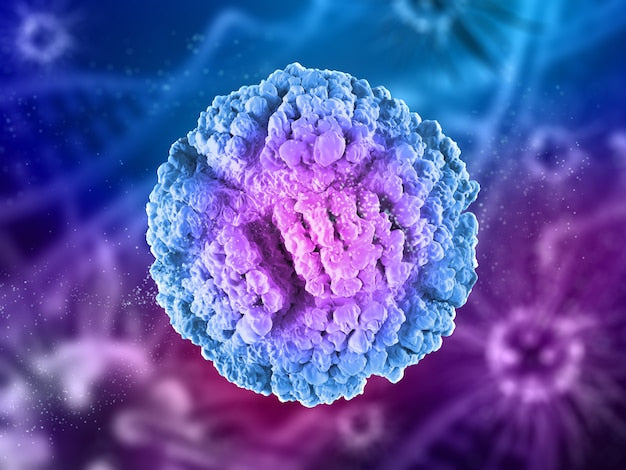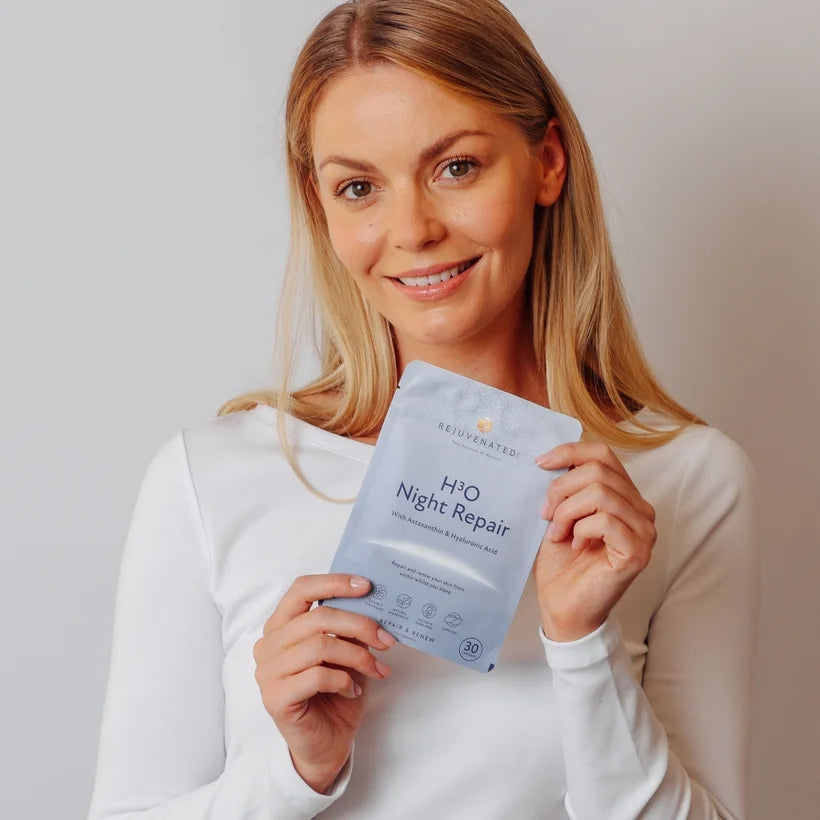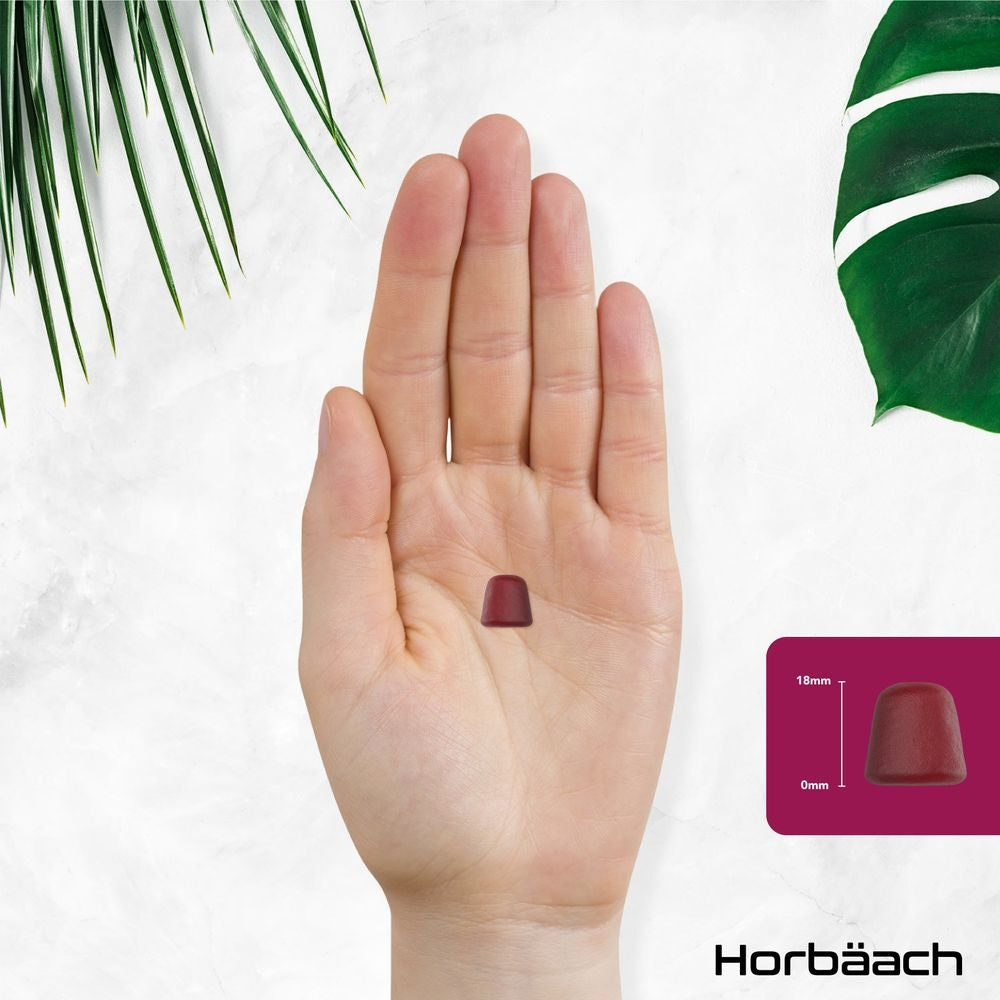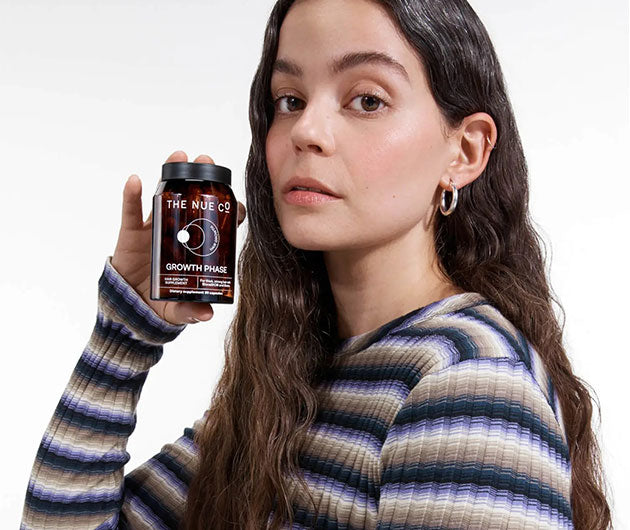
Human Papillomavirus (HPV) Infection: What You Need to Know
What is HPV?
Human papillomavirus (HPV) is one of the most common sexually transmitted infections (STIs) worldwide, including in the UK. HPV refers to a group of more than 100 related viruses, some of which affect the skin and others the moist membranes of the body, such as the cervix, vagina, anus, mouth, and throat.
While most HPV infections are harmless and clear on their own, some types can lead to serious health issues, including genital warts and certain cancers, especially cervical cancer in women.
How is HPV Transmitted?
HPV is mainly spread through skin-to-skin contact during vaginal, anal, or oral sex. It can also be transmitted through:
- Genital contact without intercourse
- Sharing sex toys
- Rarely, during childbirth (from mother to baby)
Because HPV often causes no symptoms, many people do not realise they are infected and can unknowingly pass it on.
Common Types of HPV
There are two main categories:
Low-risk HPV types – Can cause genital warts but are not cancer-causing.
High-risk HPV types – Can lead to cervical, anal, penile, throat, and other cancers if not detected and treated early.
HPV Symptoms
Most people with HPV don’t develop symptoms. However, when symptoms do appear, they may include:
Genital warts – Small growths or lumps around the genitals or anus
Changes in cervical cells – Detected only through cervical screening (smear test)
Sore throat, difficulty swallowing (in case of oral HPV – rare)
HPV and Cervical Cancer
Persistent infection with high-risk HPV types can lead to abnormal cervical cell changes. If not monitored or treated, this can develop into cervical cancer over time.
In the UK, cervical screening (smear tests) is offered to women aged 25 to 64 to detect HPV and abnormal cells before they turn into cancer.

HPV Vaccination in the UK
The HPV vaccine is one of the most effective ways to prevent infection. In the UK:
Girls and boys aged 12-13 are routinely offered the HPV vaccine in school.
The vaccine protects against the most dangerous types of HPV (including types 16 and 18, which cause most HPV-related cancers).
Adults up to age 45 can still receive the vaccine privately or via recommendation.
Can HPV Be Treated?
There is no cure for HPV itself, but most infections go away on their own within 1–2 years. Treatments are available for HPV-related conditions:
Genital warts – Treated with creams, freezing, or surgical removal
Abnormal cervical cells – Monitored or removed if needed
HPV-related cancers – Require standard cancer treatments (if detected)

How to Protect Yourself from HPV
✅ Get vaccinated
✅ Use condoms or dental dams during sex
✅ Avoid sharing sex toys or clean them between uses
✅ Attend regular cervical screenings (smear tests)
✅ Maintain a strong immune system through a healthy lifestyle and supplements
Final Thoughts
HPV is extremely common and often harmless, but awareness and prevention are key to avoiding serious health risks. Whether you're a teenager, adult, or parent, understanding HPV and taking proactive steps like vaccination and screening can protect your long-term health.
For added support, explore immune-boosting supplements and women’s health products available in our UK online store to stay one step ahead.






